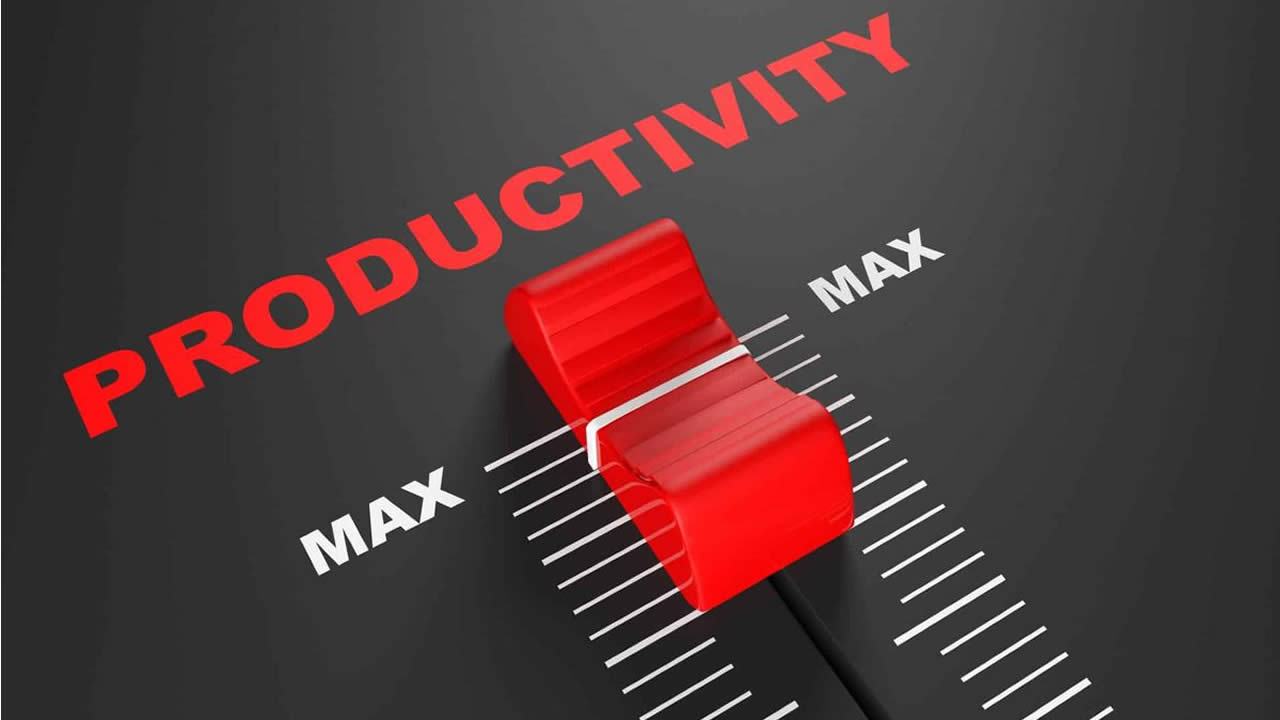

Did the advent of the minimum wage one year ago have a positive impact on overall productivity? It was in January 2018 that the minimum wage took effect. About 165,000 workers thus saw their basic salary rose to Rs 9,000. The next salary adjustment will take place in 2020 and subsequently every five years.
The minimum wage became a reality in Mauritius in January 2018, benefiting nearly 165, 814 workers, including workers of the Export-Oriented Enterprises. Gone are the days when some workers used to receive wages as low as Rs 1,500 or up to Rs 6,000 for full-time work.
But the National Minimum Wage Consultative Council Act 2016 is not being strictly adhered to by all employers. It turns out that many companies are not paying workers the minimum wage. The inspectorate of the Ministry of Labour is suing many defaulting employers in the Industrial Court. Some of them have pledged to abide by the law and pay the arrears due to their employees.
And what about productivity? Has the minimum wage positively affect productivity? There are various definitions of productivity, but management expert Peter Drucker defines it as “the balance between all factors of production that will give the greatest output for the smallest effort.” Productivity is also a measure of the efficiency of labour and capital. So has the increase in salary level resulted in a higher output?

It is difficult to assess the result as official productivity figures for the year 2018 are not yet available. According to figures from Statistics Mauritius, from 2007 to 2017, labour productivity in Mauritius has increased by an average of 2.5% annually, for the entire economy, while the rate was 3.1% for the manufacturing sector and the Export-Oriented sector.
Ganessen Chinnapen, economist, is of the view that the minimum wage did not really have a significant impact on productivity as can be observed from the GDP growth registered in 2018 compared to 2017. “The minimum salary was an initiative to align with the cost of living and narrow the inequality gap. However, there has not been any productivity booster attached to this initiative, for example, a bonus on productivity, increase in piece rate, overtime etc.”
He adds that if an economy wants to boost up its productivity per unit of labour, several productivity stimulating measures should be adopted, such as bonus on performance, bonus on productivity, output targets, sales, among others, and all these should be regulated as by employment legislations.

Prithviraj Fowdur, economist and business owner, believes that the minimum wage has had no effect at all on productivity. According to him, most workers consider that the salary adjustment was long overdue and was not a ‘reward’. “Now, if we expect them to become more productive, then we still have to raise the salary. The minimum wage has had the effect of forcing small businesses that cannot cope with the additional wage burden out of the market. This has resulted in increasing the customer base and turnover of their competitors, who can now afford to bear the additional labour cost. “I can say that the minimum wage has reduced competition in some sectors and increased the market share of other players.” The economist draws a parallel to what is happening in many sectors. He observes that small players are struggling to survive and end up closing their doors, while the void is quickly filled by large players. “We can see small shops closing down and supermarket chains expanding.” Larger businesses with multiple activities are able to cross-subsidise loss-making entities, he concludes.
Ashwin Baijnath, a company director, says that productivity may have increased for certain categories of workers but not for all, as money is not the sole motivating factor for workers.


The most productive countries
According to OECD data, the ten countries with the highest productivity in 2017 were: Luxembourg, Norway, Switzerland, Denmark, Iceland, United States, Australia, Ireland, Netherlands and Sweden. In Luxembourg, people work on average 29 hours a week and workers have the right to five weeks paid leave. In Norway, even though they work for 27 hours a week, they are considered more than twice as productive as workers in the UK and Israel. In Switzerland, they spend just over 30 hours a week at the office while the average Dane works 33 hours a week. Interesting to note that in Sweden, parents are entitled to 480 days of paid parental leave when a child is born or adopted. In Australia, a 35-hour week is the norm, while in the US, working hours average 47 a week.
And the least productive ones…
The ten least productive countries are: Greece, Portugal, South Korea, Hungary, Lithuania, Estonia, Latvia, Chile, Russia and Mexico. In these countries, people work for more than 45 hours a week, not to mention 50 or more hours, as is the case in Mexico. Greek workers put in longer hours of work than most other European countries but Greece’s economy is deemed as uncompetitive due to its extensive bureaucracy and rigid labour laws. The low productivity in Mexico is partly attributed to the country’s large informal economy.
 Pierre Dinan : “Productivity means working better, not more”
Pierre Dinan : “Productivity means working better, not more”
Economist Pierre Dinan indicates that official figures on productivity for the year 2018 are yet to be released by Statistics Mauritius, therefore it is too early to analyse the real impact of the minimum wage on overall productivity. According to him, productivity is a better use of not only labour, but also capital, technology and management. “The wage, in strictly economic jargon, rewards the production tool and the human capital,” says the economist. But he explains that productivity does not mean working more, rather it means working better. “In theory, it is not automatic that a salary increase will result in a rise in productivity. Nevertheless, if a worker earns better and thus can eat better, get dressed and equip himself better, he can obviously give the best of himself.” The economist says that factors of production, whether it is human capital or machine, have a limit of exploitation. He cites the example of a plane, which, given its huge investment cost, must run as regularly as possible, but it cannot run 24 hours. Similarly, human capital needs rest and leisure. Pierre Dinan, however, wonders whether capital equipment, in general in Mauritius, is optimally used.

How to boost productivity
It’s not just salaries that motivate employees. Economists are unanimous in recognising that working longer does not necessarily lead to increased productivity. Zohra Gunglee, an economist and lecturer at UCLAN, says the most productive countries work fewer hours a week. “Today, we are talking more and more about ‘Work Smart’. Your performance is not measured by the number of hours spent at the office or at the factory. It’s the output that counts. An efficient worker who finishes his job fast and leaves early does not mean he is less productive than his colleagues,” she says. In addition to salary, good management is also important to raise productivity, especially if it is inspired by modern techniques. The use of information technology allows significant productivity gains. The economist insists however that the recruitment of people who are really passionate about the activity of the enterprise is essential. “If an employee does not really have the passion and the vocation, but is only doing a ‘job’, then he will not be so productive.” She adds that there must also be a conducive environment without bureaucracy. “For example, avoid ineffective meetings. If 15 persons attend a one-hour meeting that was not necessary, that’s 15 productive hours lost.” Finally, it is important to invest in staff training and well-being, adopt flexible work schedules and introduce bonuses to reward effort.
 J'aime
J'aime













